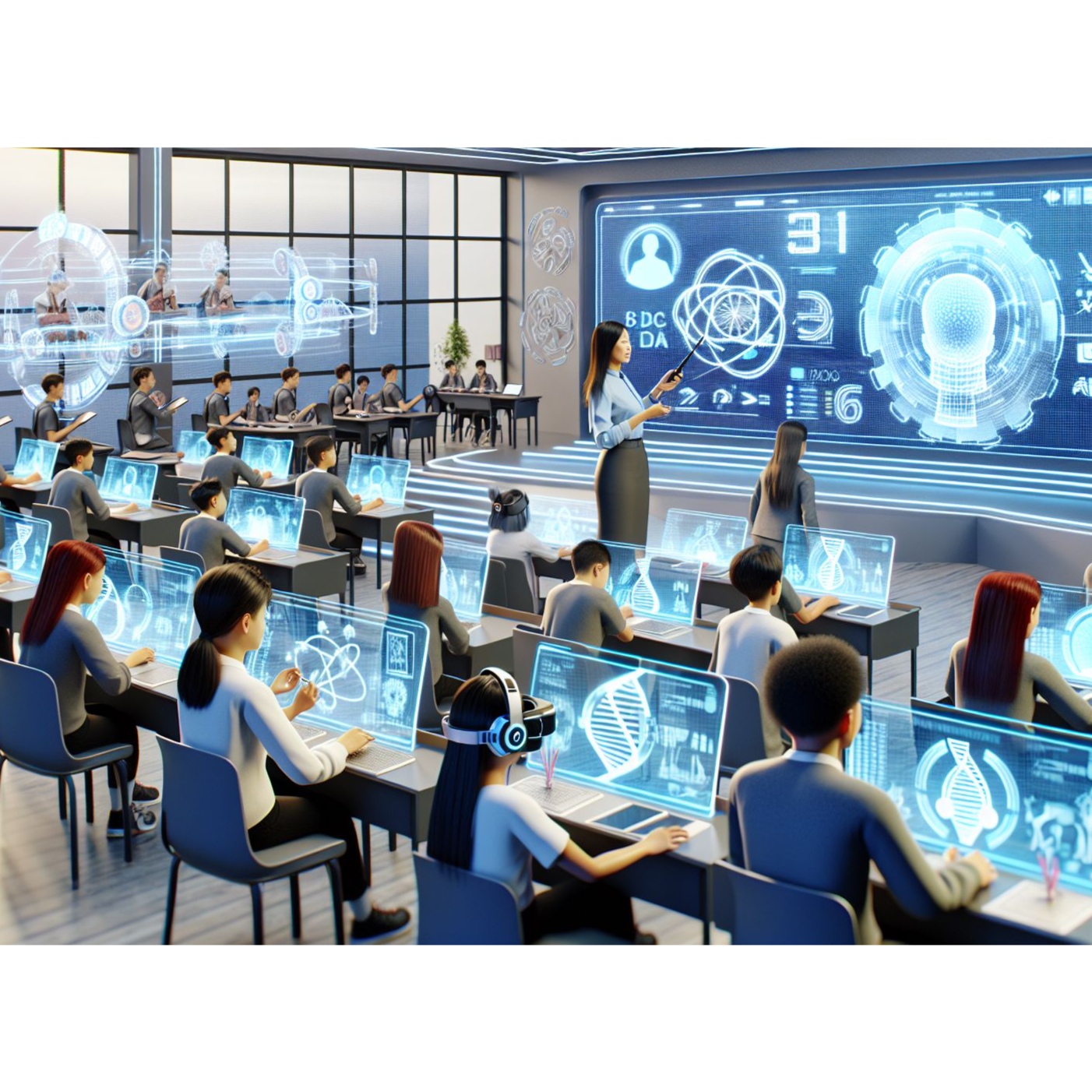Tech in the Classroom: Ethics, Equity, and Responsibility
- Author
- Nataliia Barr
- Published
- Mon 30 Jun 2025
- Episode Link
- https://rss.com/podcasts/teaching-futures/2092201
Welcome to "Teaching Futures", the podcast where we explore how technology is shaping education and what that means for teachers, students, and society. I’m your host, Natali Barr.
In today’s episode, we’ll explore a critical question: What are our ethical responsibilities as educators when we use technology in the classroom?
Let’s begin.
Digital platforms like Google Classroom or ClassDojo collect and store massive amounts of student data. While they can enhance learning, they also pose serious privacy concerns.
As Hard and Jamison (2005) argue in Hubris and Hybrids, technology is never neutral - it’s embedded in political and cultural systems. When we adopt new tools, we must ask: Who owns the data? What are they doing with it?
If we don’t hold tech providers accountable, we risk normalizing surveillance in schools.
Educators must ensure that all platforms comply with data protection laws and ethical standards - not just legal minimums.
Beyond privacy, there's safeguarding. Technology can expose students to online risks like cyberbullying, inappropriate content, or unwanted contact.
As teachers, we extend our duty of care into digital spaces. We must implement tools that allow safe communication and monitor student behaviour online - just as we do in a physical classroom.
Hard and Jamison (2005) remind us that adopting new systems means accepting new responsibilities. Safeguarding isn't optional - it’s foundational to ethical teaching.
Technology isn’t just about tools - it’s about how we use them. Students today need to learn digital citizenship: understanding misinformation, respecting copyright, and navigating online relationships responsibly.
Jeanette Winterson (2022), in her TED Talk “Is Humanity Smart Enough to Survive Itself?”, warns that rapid innovation without ethical reflection can be dangerous. She asks whether we’re wise enough to handle the technologies we create.
That’s where education steps in. Teachers must go beyond teaching tech skills - we must teach values, critical thinking, and responsible behaviour in digital environments.
Talking about Equal Access. Not all students have equal access to devices, Wi-Fi, or quiet spaces to learn.
Gregory Stock (2003), in “To Upgrade is Human”, reflects on how humans are constantly upgrading themselves through technology. But that only works if everyone has the opportunity. If some students are left behind, the system fails.
Education technology must be inclusive. Schools should provide loaner devices, support offline learning, and consider the socioeconomic barriers students face.
It’s not innovation if it leaves people behind.
To wrap up - our ethical responsibilities as educators in a digital world include:
- Protecting student privacy
- Safeguarding online interactions
- Teaching digital citizenship
- And ensuring equal access for all learners
As Hard and Jamison (2005) argue, we must make technoscience politically accountable. That means recognizing that every tool we use reflects values and makes a statement about whose needs matter.
The future of education isn’t just about using new tools - it's about using them wisely and fairly.
Thanks for joining me on "Teaching Futures". I hope this episode helped you reflect on your own digital teaching practices.
